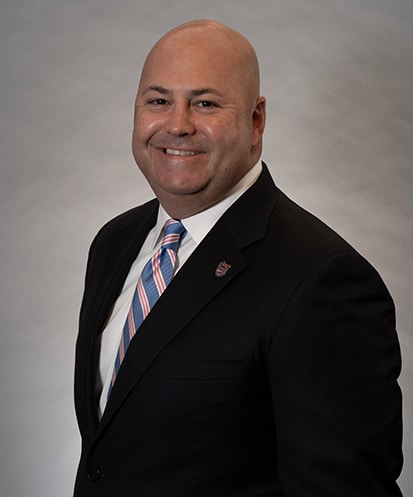Life Line Screening Misdiagnosis May Risk Your Health
 Preventative health screening offers flash across television screens and show up in mailboxes across the country on a regular basis. They claim that they can head off serious medical issues in about an hour for a couple hundred bucks through performing a series of tests heavily marketed to detect heart disease and stroke. Surely your life is worth that much.
Preventative health screening offers flash across television screens and show up in mailboxes across the country on a regular basis. They claim that they can head off serious medical issues in about an hour for a couple hundred bucks through performing a series of tests heavily marketed to detect heart disease and stroke. Surely your life is worth that much.
Life Line is one of these companies that offers testing nationally. Life Line claims to have licensed, board-certified physicians in each state reviewing all screening results, and that their screenings routinely undergo peer review. Sadly, these health screening companies aren’t all they’re cracked up to be and are a breeding ground for potential medical malpractice claims.
What qualifies as medical malpractice for preventative screening?
When dealing with a company that specializes in preventative health screening, there are at least two groups who may be liable for medical malpractice. Errors in performing diagnostic tests by a technician, and errors by doctors who provide incorrect or delayed diagnoses are both actionable when certain conditions are met.
A diagnostic technician might be liable if:
- The diagnostic equipment was faulty producing inaccurate results
- Samples were contaminated or mixed up
- Improper procedure was used
- Test results were read incorrectly
- The technician or specialist missed something in an x-ray or pathology slide
When a physician might be liable:
- A doctor failed to properly read test results in making a diagnosis
- A doctor provided an incorrect diagnosis based on correct test results
- Test results were provided to the wrong patient resulting in improper medical treatment
- A critical diagnosis was delayed
Regardless of liability, you may be able to file a medical malpractice claim to recoup your losses, and to secure compensation designed to help you protect your family and your future. In general, medical malpractice claims potentially begin with establishing that:
- A doctor-patient relationship existed
- The doctor or medical professional behaved negligently as to skill and competence
- The negligent act caused a patient actual injury
- The patient sustained damages as a result of the injury
Complaints about Life Line screening
Life Line may save some lives, but they certainly aren’t helping everyone who walks through their makeshift doors. The Better Business Bureau has taken 162 complaints against the company including for issues with medical test results such as:
- Failure to properly test and review blood work
- Giving incorrect information regarding medical questions
- Providing test results to the wrong patients, who may or may not realize they received someone else’s screening results
- Sending patients incomplete results
In addition to the complaints about medical testing and diagnosis errors, there are many complaints that coincide with receiving the wrong test results that involve Health Insurance Portability and Accountability Act (HIPAA) violations as a result of mixing up test results.
What happens when Life Line testing misdiagnoses serious health conditions?
Life Line is asking people to place their trust in a company that bills itself as preventing catastrophic injury and death by picking up on signs that they may be headed for a medical emergency. When careless errors result in misdiagnosis, those tests can result in negligent injury to patients.
Providing accurate and timely test results is paramount to these services when individuals are counting on tests guiding their medical care decisions. When Life Line fails, they risk the health and lives of their patients. One example is when timely but inaccurate screening results show a patient to be healthy and a follow up with accurate results a year later show the patient to be at severe risk of a heart attack due to clogged arteries. Should the patient die as a result of believing he or she was perfectly healthy based on Life Line’s false test results, it can also be argued that Life Line contributed to the patient’s wrongful death.
Please contact Paulson & Nace, PLLC through this contact form or by calling 202.463.1999.

Christopher T. Nace works in all practice areas of the firm, including medical malpractice, birth injury, drug and product liability, motor vehicle accidents, wrongful death, and other negligence and personal injury matters.
Read more about Christopher T. Nace.
